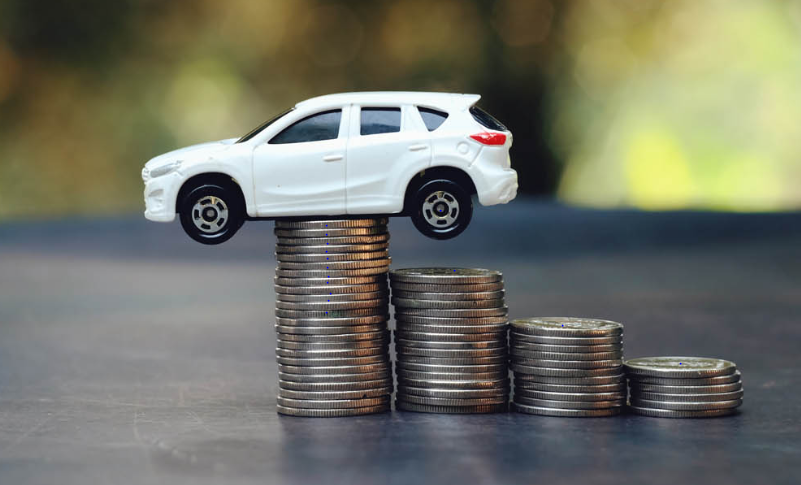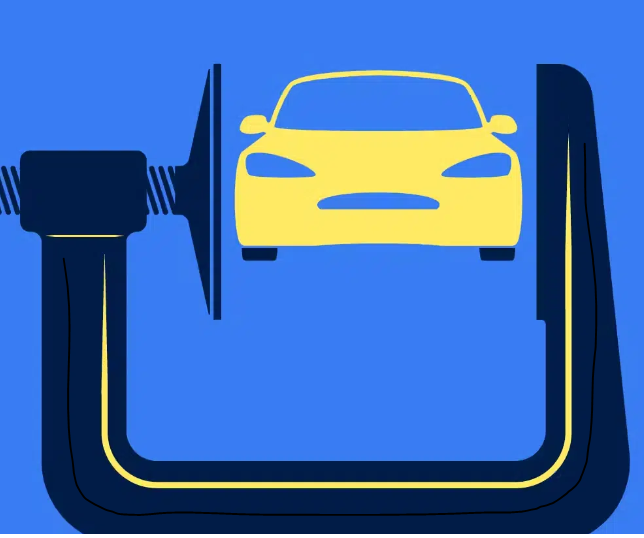Purchasing a car is a significant financial decision, and securing a favorable car loan interest rate can make a huge difference in the overall cost of your vehicle. The interest rate on your loan determines how much you’ll pay in addition to the price of the car, and even a small difference in the rate can add up to substantial savings over the life of the loan. Understanding how to secure the best car loan interest rates is key to keeping your loan affordable and your finances in check.
1. Check and Improve Your Credit Score
Your credit score is one of the most significant factors in determining the interest rate you’ll receive on a car loan. Lenders use your credit score to gauge how risky a borrower you are. A higher credit score (typically above 700) signals to lenders that you are a low-risk borrower, which increases your chances of qualifying for the best interest rates. On the other hand, a lower credit score may result in higher interest rates, as lenders may view you as a higher risk.
Before applying for a car loan, it’s a good idea to check your credit score. You can get a free report from credit bureaus or online services. If your score is below 700, take steps to improve it before applying for a loan. Some strategies to boost your score include:
- Paying off any outstanding debts
- Reducing your credit card balances
- Avoiding any late payments
- Disputing any errors in your credit report
The better your credit score, the more likely you are to receive favorable loan terms, so investing time in improving your credit can be well worth it.
2. Shop Around for the Best Deal
Not all lenders offer the same car loan interest rates, and shopping around can save you a significant amount of money. Banks, credit unions, online lenders, and dealerships all offer car loans, but the rates and terms can vary widely. It’s important to compare offers from different lenders to ensure you’re getting the best deal.
When shopping around, consider factors such as:
- Interest rate: Look for the lowest rate possible.
- Loan term: A shorter loan term often means higher monthly payments but lower total interest paid over the life of the loan.
- Fees and charges: Some lenders charge origination fees, prepayment penalties, or other hidden costs. Make sure you understand all of the associated fees before committing to a loan.
- Pre-approval: Many lenders offer pre-approval, which can give you an idea of the interest rate you can expect before you even step into a dealership.
It’s also a good idea to get quotes from both traditional lenders (such as banks and credit unions) and online lenders. Online lenders may offer competitive rates and a streamlined process, but you’ll want to compare the overall cost of the loan, not just the rate.
3. Consider a Larger Down Payment
Making a larger down payment can significantly reduce the amount you need to finance, which in turn can help you secure a better car loan interest rate. Lenders tend to offer more favorable rates to borrowers who are putting down a larger chunk of the vehicle’s cost upfront because it reduces their risk. A larger down payment also decreases the loan-to-value (LTV) ratio, which means the loan is less risky for the lender.
A down payment of at least 20% is ideal, as it not only helps secure a better interest rate but also reduces the risk of owing more than the car’s value (which can happen if the car depreciates faster than the loan balance is paid down). However, even if you can’t put down 20%, any extra money you can afford to pay upfront will help lower the interest rate and the total cost of the loan.
4. Choose a Shorter Loan Term
While longer loan terms can result in lower monthly payments, they typically come with higher interest rates. This is because the lender faces more risk over a longer period of time. Shorter loan terms (such as 36 or 48 months) usually come with lower interest rates because they’re less risky for lenders, as they are paid off more quickly.
Although the monthly payment for a shorter-term loan will be higher, you’ll pay significantly less in interest over the life of the loan. If you can afford the higher payments, opting for a shorter loan term can save you a substantial amount of money in the long run.
5. Opt for a Fixed-Rate Loan
Car loan interest rates can be either fixed or variable. A fixed-rate loan locks in your interest rate for the entire duration of the loan, meaning you’ll pay the same rate each month, regardless of changes in the market. With a fixed-rate loan, you have predictable monthly payments, and you can budget more effectively.
A variable-rate loan, on the other hand, means your interest rate can fluctuate over time based on changes in the economy, making it more difficult to predict your monthly payments. If interest rates rise during your loan term, your payments will increase as well. For borrowers who prefer certainty, a fixed-rate car loan is often the safer choice.
6. Negotiate With the Dealership
Many dealerships offer car loans through their financing programs, but their rates may not always be the best. If you’re considering financing through the dealership, be sure to negotiate the interest rate. Dealerships may be willing to offer competitive rates, especially if you have a strong credit history.
Before entering the dealership, know the interest rates you qualify for and be prepared to ask for a better deal. You can also consider getting pre-approved for a loan from another lender, so you have a benchmark to compare the dealership’s offer.
Conclusion
Securing the best car loan interest rates requires a combination of preparation, research, and strategy. By improving your credit score, shopping around for the best rates, making a larger down payment, opting for a shorter loan term, and considering fixed-rate loans, you can position yourself to get the best possible deal on your car loan. With careful planning, you’ll not only save money on interest but also set yourself up for financial success in the future.


